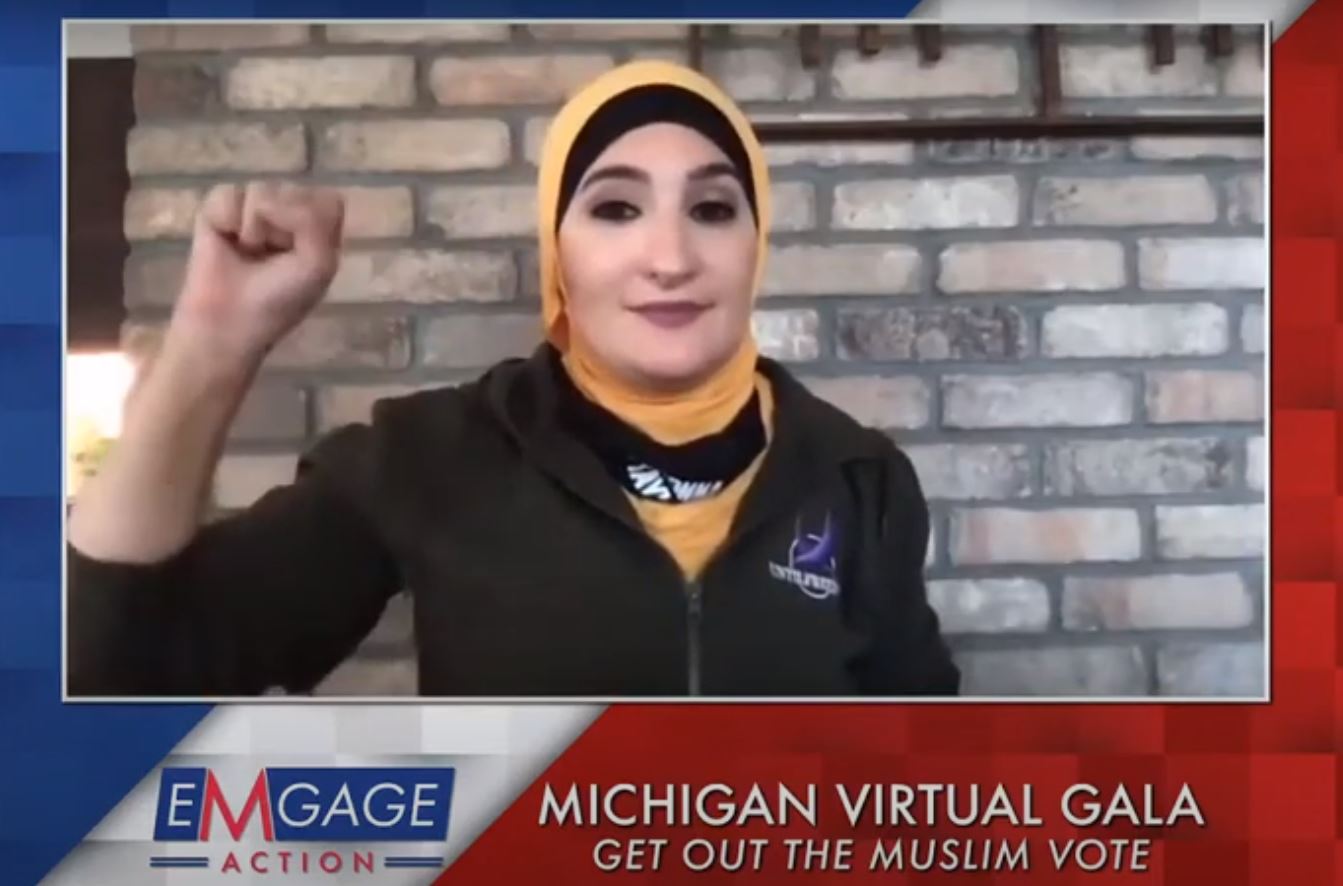“I, Barack Hussein Obama…”
By TMO Staff
Washington DC–January 21–Barack Hussein Obama was sworn in using his middle name and not his middle initial on January 20, 2009. The swearing-in ceremony was attended by perhaps 1.2 million people, a crowd visible from space, very few of whom could actually hope to see any part of the ceremony but all of whom appeared to have shared in a universal spirit of brotherhood of man, as even cynical news reporters reported not one single person had been arrested during the inauguration, that complete strangers hugged one another and offered to help one another on that cold January day.
The inauguration was especially interesting to Muslims, not only because President Obama used his middle name as he was sworn in to the highest office in this land, the name of the grandson of our Holy Prophet (s), but also because of the overt and more nuanced messages to Muslims in his speech.
When the president referred to Muslims, his voice had an authority different from the thin invocations of peace that we have heard before from Republicans who always seemed to prefer to negotiate with Muslims under threats, whether vague or direct.
President Obama used the words “Muslim†and “Muslims†once each during his speech. He said the strength of this nation lies in its plurality–a “patchwork heritage†that he said “is a strength, not a weakness.â€
To the Muslim world he argued that “we seek a way forward based on mutual interest, and mutual respect.â€
“We will extend a hand if you are willing to unclench your fist,†he said.
Is it just us, or did the moral authority of the United States just come back?
Although those who would kill innocents can never really have full moral authority–neither did those who argued “you are either with us or against us,†and “we may sometimes have to go to the dark side on this.â€
But now–the truth is self-evident. Ayman al-Zawahiri is reduced to racial taunts, while our president is saying he wants peace. Therefore the way forward is clear–those who want more fitnah can clearly be distinguished from those who wish for peace, but are willing to fight if necessary.
As someone whose very background embodies the two races that are primarily thought of as the American people, and as someone who has actually lived in the most populous Muslim nation in the world, these words of plurality and mutual respect have a depth and power that his predecessors did not even appear to want to have.
Interestingly, his first comments directed against terrorists were separate from his references to Muslims. In a series of paragraphs he referred to America’s past victories by means of her moral authority and not only her industrial and military might, and said that those who resort to terror and killing innocents will not win. He called Al Qaeda a wide ranging network, and not an “ideology,†which had been the language of Republicans who sought to conflate terrorism with Islam.
Al Qaeda is a network, a network that certainly does not speak with any authority on what is Islam, what is Shari’ah, or what is right or wrong.
His speech must have been of some concern to despots ruling in the Middle East. He called them out, saying that they would be remembered for what they could build rather than what they could destroy. But he did not threaten regime change, and from his relatively dovish stand it is clear that his distaste for despots will likely take shape in the form of an economic cold shoulder and soft pressure rather than the military methods apparently favored by his predecessor.
As he stepped into his new office, the concern was that President Obama could easily fall into the ruts of mutual hatred and badwill with the Muslim world–those ruts that have been carved out from the time of the first crusade, 1,000 years ago, and further deepened through the past 7.5 years of sickening and unnecessary bloodshed and conflict–or he could extend a hand towards peace.
President Obama has made that first step towards peace, and we hope that that is the path of the future.
This is a path that can be mutually beneficial. Sincere efforts to solve the dilemma of US national interests in the Middle East balanced against the Israeli abuses perceived by the Arab world, could be resolved by an American president with an unhidden agenda—peace in Palestine brokered by a president with clean hands would be the antibiotic to the infection of discontent in the Middle East. Peace in the Middle East would bring increased trade, and goodwill, from the entire Middle East and its vast oil and natural gas reserves, not to mention the broader Muslim world. And the goodwill of those nations would extinguish the flame of terrorism that engulfs the world and subjects to its tyranny all of those who now inhabit the planet.
But even from now, it is clear that those making war are the transgressors–and thus we hope that peace or a speedy victory will attend this new and more fully morally justified American approach to the world and especially to the Muslim world, and we hope that his good will will shine a warm light to the many in the world who need the warmth of beneficence in this time.
Beyond this, we even hope for real, beneficial, and peaceful resolutions to the sores that have plagued, intoxicated and bloodied the Middle East, like a sore tooth that cannot be ignored, for decades—we hope for a salve to the wounds and bloodshed most of us have known all our lives.
11-5













2009
933 views
views
0
comments